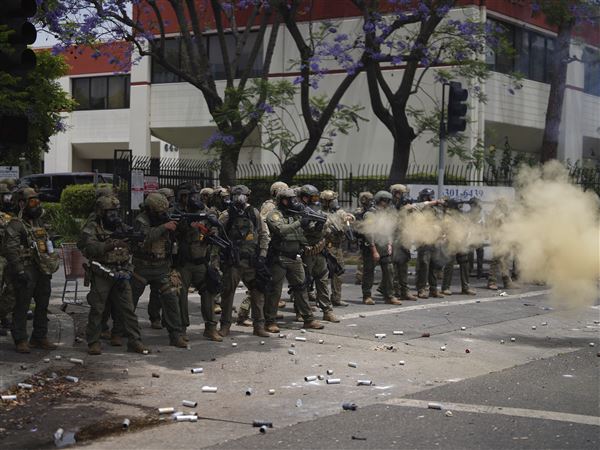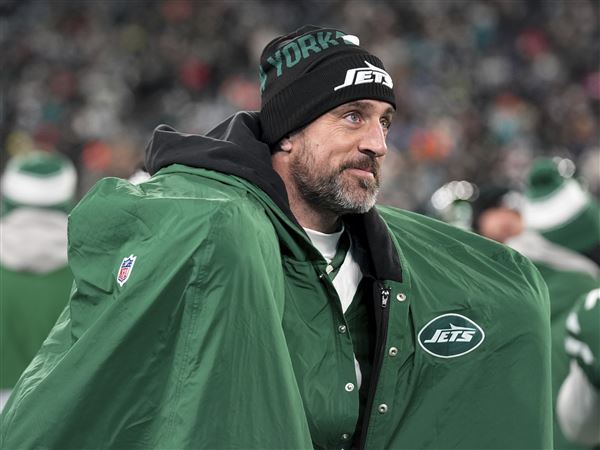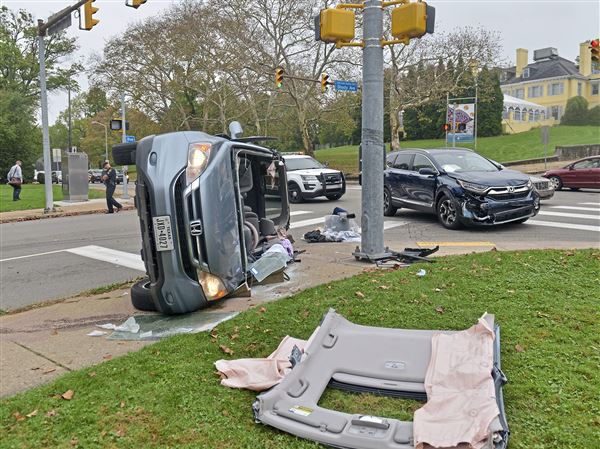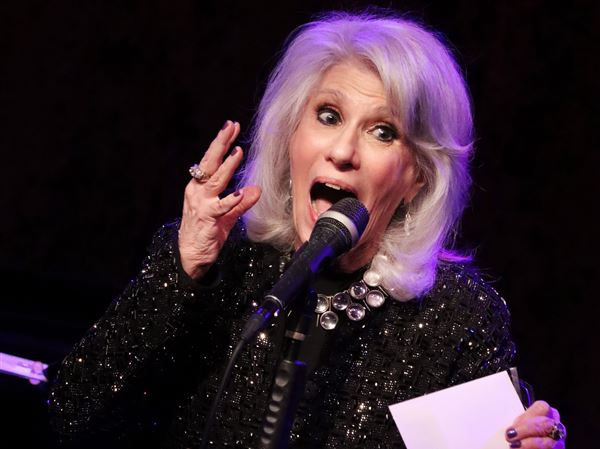HARRISBURG -- Pennsylvania school boards do not have unfettered authority to fire their superintendents, the state Supreme Court said in a decision released yesterday.
A state law requires a hearing and finding of "neglect of duty, incompetency, intemperance or immorality" before a superintendent is fired. The 5-2 ruling said that law does not conflict with a state constitutional provision that gives appointing bodies the ability to remove someone at their pleasure.
The case involved Anthony E. Burger, who was fired in January 2001 as head of the McGuffey School District in Washington County over allegations he sexually harassed a female subordinate. The high court sent the case back to a county judge to consider Mr. Burger's appeal of his dismissal.
Dr. Burger's lawyer, Brian D. Cox, said districts regularly buy out the contracts of superintendents they want to replace -- evidence that firing them for any reason has not been considered a viable option.
"If they could have won under this scenario, they certainly wouldn't have been buying out people's contracts," Mr. Cox said.
The district conducted a hearing before firing Dr. Burger, but Dr. Burger did not attend, said McGuffey School District lawyer Paul N. Lalley. It's unclear how the case -- technically an appeal of the school board's decision -- will proceed now that it has been sent back to the county judge, he said.
Dr. Burger's administrative assistant complained to the board that he had made repeated overtures toward her, and when she told him she was not interested he retaliated by demoting her and treating her more harshly than other employees, according to court records.
The aide settled a sexual harassment lawsuit against the district and Dr. Burger. Dr. Burger told The Associated Press in 2004 that the accusations were unjustified.
Mr. Lalley said, "We still think there was cause for dismissing Dr. Burger and we will eventually be vindicated."
Justice Ronald Castille wrote the majority opinion. He said the power to remove someone is not unlimited, since it obviously would be illegal to remove superintendents based on their race or gender. The reasons for giving special protection to untenured superintendents "are readily apparent, given the potential for conflict between superintendents and their school boards."
Superintendents should not have to look over their shoulders every time they have to deal with controversial matters, said Stinson Stroup, executive director of the Pennsylvania Association of School Administrators.
"I think very much what was at stake was finding people willing to take those positions and make difficult decisions when they have to be made," said Mr. Stroup, whose group filed a friend-of-the-court brief on Dr. Burger's behalf.
In a concurring opinion, Justice Thomas G. Saylor said he was concerned that the ruling may lead the Legislature to impose limitations on when and how other high-ranking officials can be fired -- including those appointed by the governor.
"I think it could have pretty big implications beyond just school districts," Mr. Lalley said, giving as an example the current practice of removing top gubernatorial aides.
"Now the question is: 'Is the governor going to have to establish cause to fire his own cabinet members?' " he said.
First Published: June 2, 2007, 3:30 a.m.















